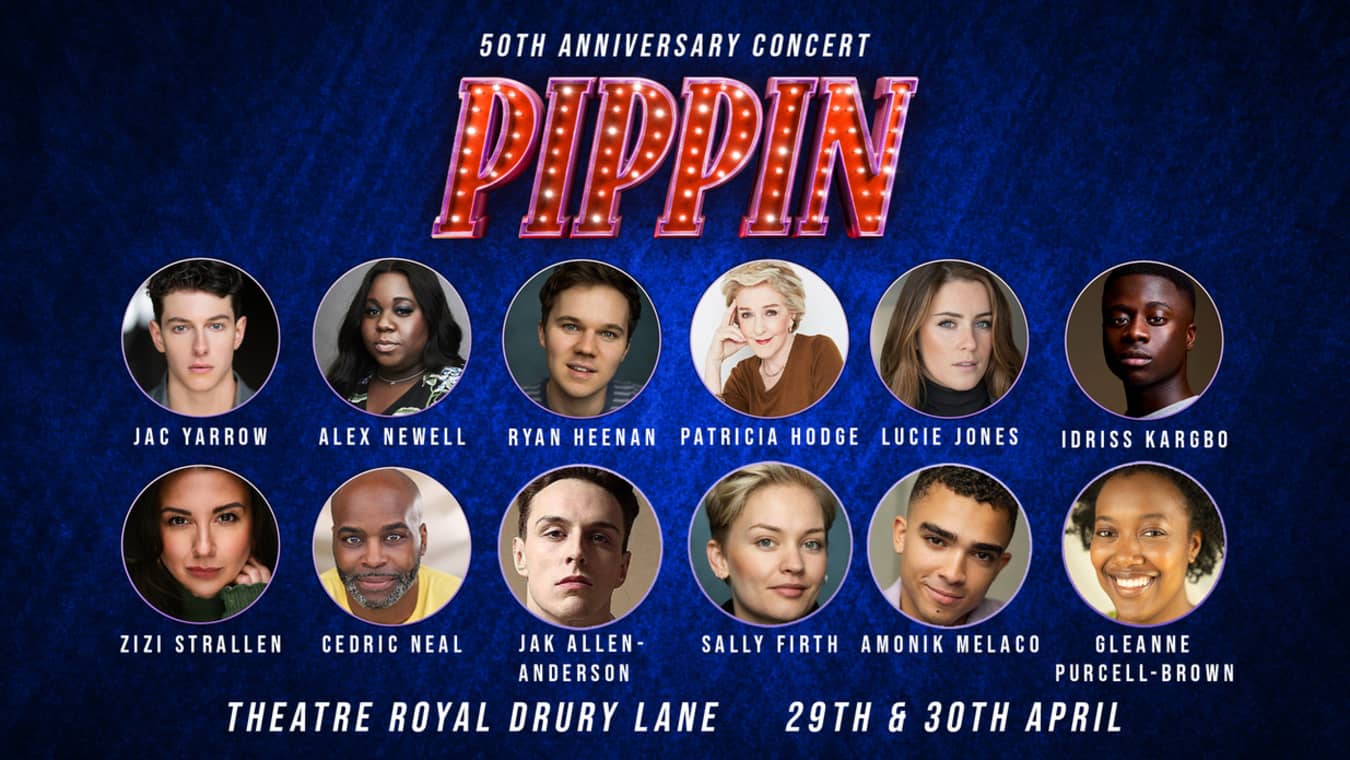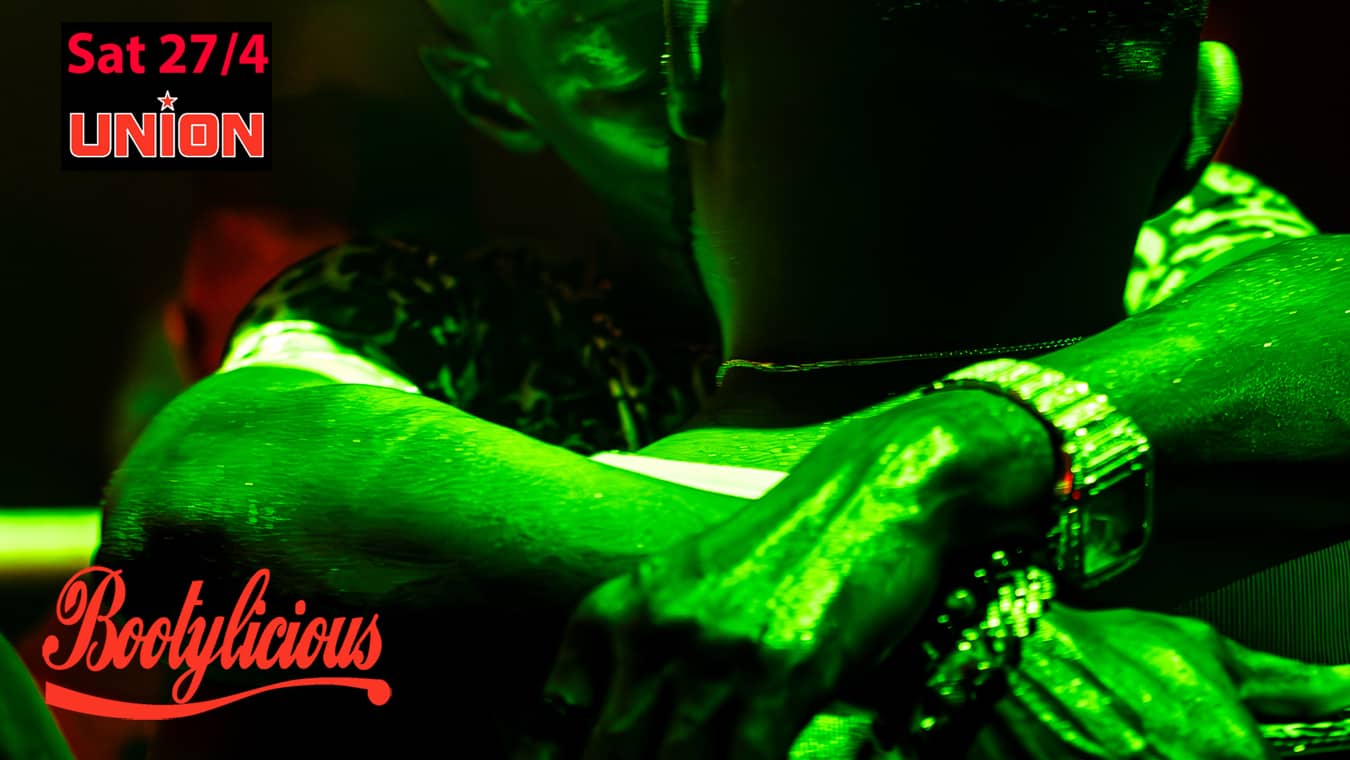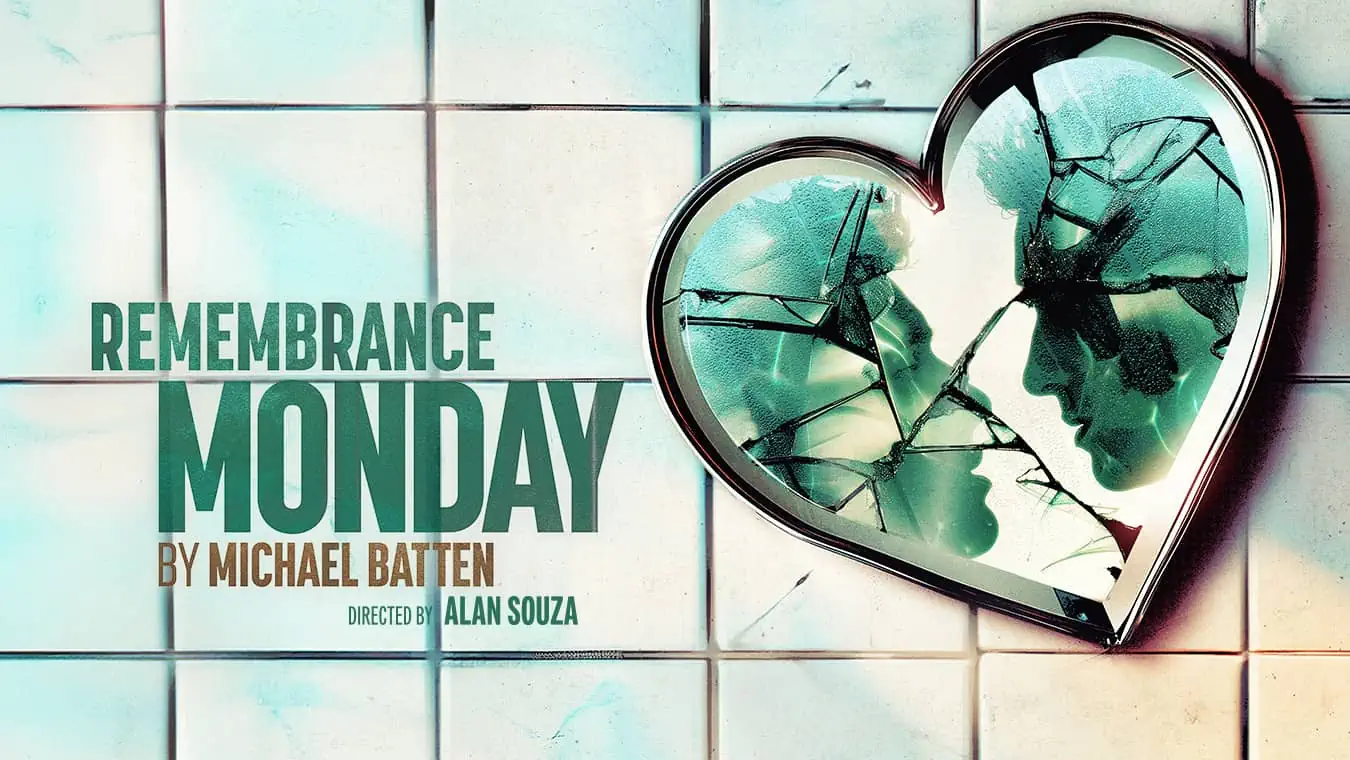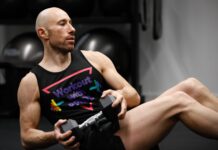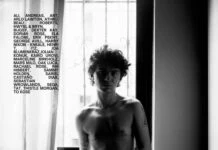Blake Skjellerup is one of the few out gay athletes set to compete at the highly controversial Winter Olympics 2014 in the Russian city of Sochi. While many competitors remain silent on the subject, Blake has chosen to take up the fight on behalf of the queer community. Cliff Joannou spoke to him about the current controversy surrounding Russia’s anti-gay policies, the inaction of the International Olympic Committee in supporting its LGBT athletes, and homophobia in the sporting world…
You started your sporting life in rugby, but an injury put an end to that. You then began training as a speed skater. How long did it take to get yourself to Olympic standard?
I began competing at World Championship level when I was just 16. My first experience was very eye opening, as I was not even close to world standard. It was then that I decided that speed skating was something I wanted to make a big part of my life, and that I wanted to compete in the Olympic Games. I first attempted to qualify for the games in 2006, but I missed out. I spent the next four years working harder than ever before, and it was in 2008 that I started to see results from my efforts with my first top 10 placing at a world cup. This was when I had the ability to qualify for the 2010 games in Vancouver, which I did.
How did you feel when you competed in Vancouver?
I can remember my first race very vividly. I was sitting in the pre-race area putting on my gear and I wasn’t nervous at all. I looked up and my eyes locked on two people sitting in the crowd and it was my mother and father sitting together in the stands. For most people this would not have been a big deal, but for me my parents had divorced 14 years earlier, and it was really special to me to see them there putting aside their differences to support me. They have been my biggest supporters over my career and to share with them what was a lot of work, effort and sacrifice was a special moment for me, and a great sense of achievement to see my goal and dream come together.
You’re one of the only out gay competitors at Sochi 2014. What does that say to you about the sporting world’s attitude to its LGBT athletes?
I do not think it is a ‘sporting world’ attitude that dictates the attitude towards LGBT athletes. Rather I believe it comes from a higher level. Before I came out I believed that I would lose my position in my sport, and that being gay and being in sport did not go together. Now I know that is not true. More and more people are understanding that homosexuality is no different to heterosexuality, and gay people, athletes or not, are being accepted and welcomed into their societies all over the world. I believe the reason we do not see more LGBT athletes is the fear of the unknown, much like I experienced. The thought of losing your position in your sport due to your sexuality is frightening to a lot of athletes, and I believe for them to overcome this the administration of all sports needs to make a firm statement that an athlete, no matter their sexuality, can play.

When I was around the age of 16 I was starting to realise that I was gay, and the struggle from there on for about seven years was that I had no role model, or no one to look up to on what I was going through. In 2008 Matthew Mitcham, the Australian diver, won gold in Beijing and from that moment on I knew I was not alone, that I could compete in sport and be gay, and most definitely reach the highest level of my sport. My decision to come out was to share my story with others, and let those know who may be struggling like I did that your sport is what makes you who you are before your sexuality, and that being gay is something to be proud of, and not something you should ever have to hide or apologise for.
Why do you think other athletes remain closeted?
I think a lot of athletes remain closeted due to the fact that they are unsure of people’s reaction inside their sport. A lot of people are in team sports, and they have a lot of people who may have different beliefs. Their sport is important to them and they do not want to compromise their position in their sport because of their sexuality. It is a sad situation, however we are starting to see some major sporting organisations realise that they need to make a statement on this issue, ensuring athletes feel safe and protected if they choose to come out. If you have support and encouragement from the top, that positive attitude can only feed down the organisational structure to ensure LGBT athletes are treated fairly and with respect.
You say you were bullied at school about your sexuality. How did this bullying manifest itself and how did it make you feel about yourself growing up?
It manifested itself from the sport I played. To my high school peers to them it appeared as a “gay” sport. To me there is not a lot “gay” about skating 55 kilometres around an ice surface with what is basically a butchers knife attached to the bottom of your feet. There is a lot of risk and danger involved, but all they saw was that I wore Lycra, and Lycra to them was “gay”!
Their impression of me and my sport by my high school peers left me feeling very alone and isolated, and it drove me further into the closet as I refused to accept that I was gay. They had made me feel that being gay was something horrendously wrong, and that is was something no one wanted to be.
Thankfully for me, my sport was what gave me hope, and drove me to be better than what my high school peers were calling me. It gave me motivation to work hard, and to be the best I could be, and to show them that I was better than what they perceived me to be.
“A person does not choose their sexuality, much like you do not choose the colour of your skin or ethnic origin.There is nothing political in being gay, it is a human right.”
Did you ever have moments when the bullying made you feel inadequate amongst your peers and other kids your age? Did it ever make you ‘hate’ or dislike yourself?
I definitely hated myself at points, and it lead to some very disturbing thoughts. Emotionally it was a roller coaster that I could not get off, or see the end of. I never felt inadequate, I knew I had the ability to be anything I wanted to be, but I could not move past the ‘being gay’ side of things, which drove me to try to not be gay.
At what point did you decide that your personal happiness was more important than what other people wanted you to be?
I was 23 when I accepted that I was in fact gay, and that I deserved to be happy and that I had a right to be my true self. Thankfully for me I did a horrible job of pretending to be straight, and there were not too many surprised people when I told them I was gay.
Russia’s new anti-gay law, whilst not condemning homosexual lifestyles outright, forbids the promotion of sexuality where children might be exposed to it. Which, basically, means anywhere in a public situation – on television, the radio, cinema, or on the street. Some would say that this would push any gay Russian children and teenagers struggling to come to terms with their sexuality further into conflict about their identity. How do you feel about that?
I would definitely agree with the statement that the new laws imposed by the Russian Government will drive teenagers coming [to terms with] their sexuality into conflict, and leading them to a further state of confusion, isolation and even depression.
Has the I.O.C. [International Olympic Committee] done enough to address the situation?
The Olympic Games for me have been a huge inspiration in my life. I think that is one of the most special parts about the Olympics is that it is the pinnacle of sport. And through that we see the greatness of mankind shine through in unity. To me that’s what the Olympics are about and should always be about. I believe the Olympics taking place in Russia will do their part to do what is stated in the Olympic Charter and values. The Olympic movement champions excellence, respect and friendship, and through that comes an education of diversity and the differences we all hold.
The I.O.C. have declared that athletes cannot make any statements about their sexuality during the Olympics such as wearing rainbow pins as that is considered a political statement. However, I would state that a person does not choose their sexuality as one does their political allegiance, any more than a black or Asian person chooses their ethnic origin or the colour of their skin. Do you feel the I.O.C. is out of touch on its position here?
You are right, a person does not choose their sexuality, much like you do not choose the colour of your skin or ethnic origin. There is nothing political in being gay, it is a human right. The Pride Pin I have stated I will wear is a legacy from the 2012 Olympic Games in London. It was an official piece of Olympic merchandise and was sanctioned and approved by the I.O.C. I believe I am within my rights to wear this pin just as someone else is within their rights to wear a religious necklace. I think there is an opportunity here to firmly state that the Olympics are open to anyone no matter their race, gender and sexuality. Sport is becoming one of those final frontiers in the developed world for the LGBT human rights movement, and I think the Olympics does have an ability to lead the charge on stating that sport is open for all.
Are you concerned about the reaction from Russian authorities and the I.O.C. when it comes to you speaking out like this?
No, not at all. I am not trying to bring the Olympic Games into any disrepute. I am just sharing my sentiments on a law that affects who I am, and stops me from being who I really am during the greatest sporting event on the planet. The Olympics is the very thing that gave me hope and direction in my life and I want to champion as to why that happened. It happened because people did to me similar to what Russia is doing to its entire LGBT population, and I know first hand the effects it can have on a person. So I am doing my part to pay it forward, and make sure the Olympic Games keeps giving hope to young athletes all over the world!


